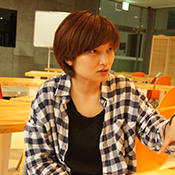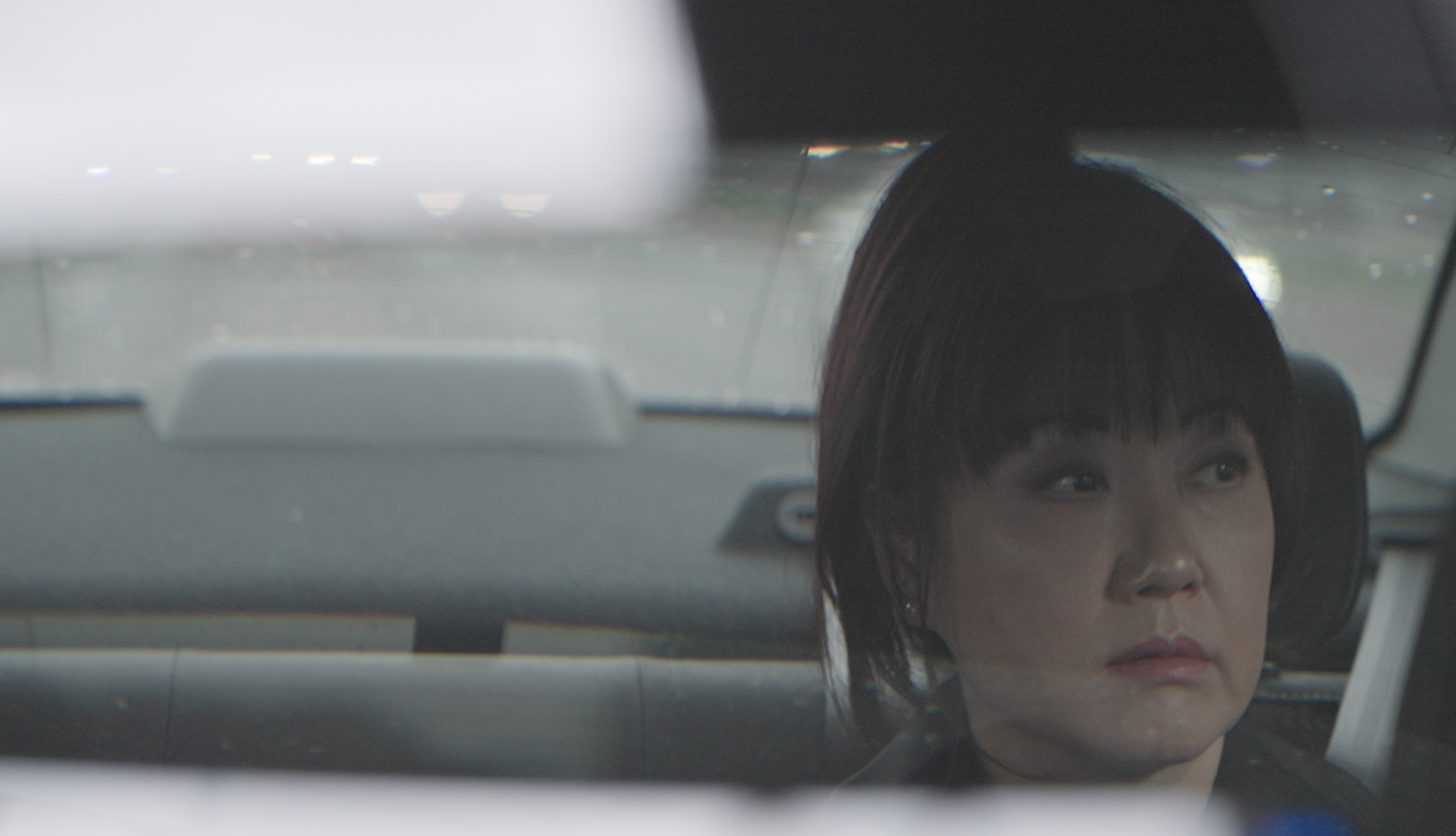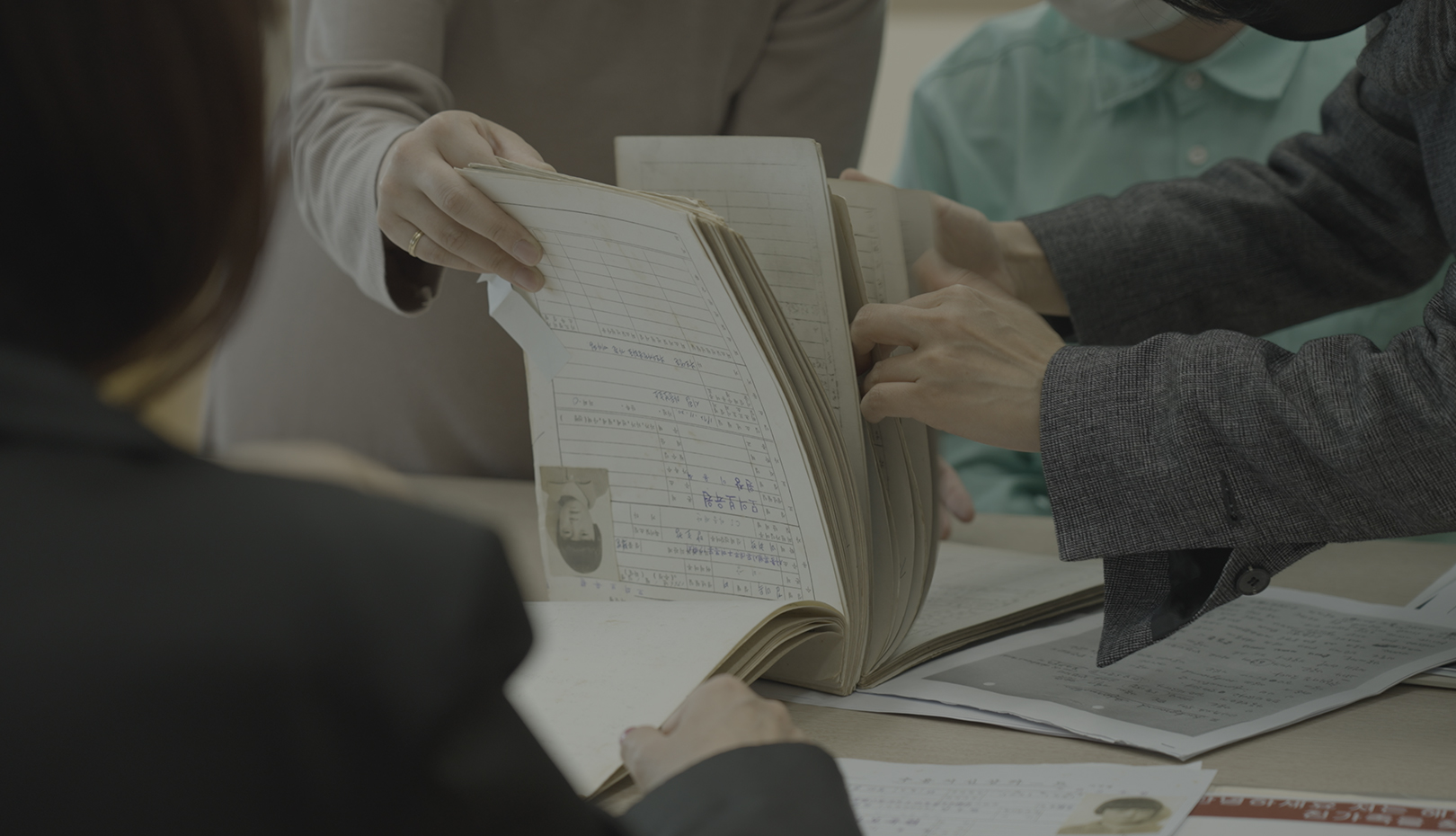Projects
K-NUMBER
JO Seyoung
- Korea
- 100min
- DCP
- color
Synopsis
Mioka, a Korean-American adoptee, has attempted to find her birth family multiple times but failed. During her journey, she discovers ‘Banet,‘ a group of Korean women who help adoptees find and reunite with their birth families. Banet supports Mioka in finding her family based on her adoption documents, and as the journey goes on, they figure out that there is a chance that the documents were fabricated. The fabricated documents now become the biggest obstacle.Banet does not initially doubt the adoption agency’s good intentions; however, as the search continues, they realize that international adoption is a “child export” practiced by the agencies and government. Banet becomes outraged that Mioka was not the only one, and more than hundreds of thousands of children were sold to foreign countries as a form of orphan trafficking.
Now Banet is about to face the absurd truth.
Review
More than 200,000 Korean children were adopted after the Korean War. Each have a photo with their English name, date of birth, and K-NUMBER. This K-NUMBER is a label given to a child by an adoption agency to categorize them when sending them overseas for adoption. Now, as adults, these overseas adoptees are returning back to Korea. They are trying to put the pieces of their uprooted lives back together again.While Korean society is moved to tears when overseas Korean adoptees meet their real parents, it never questions why so many Korean children were forced to be adopted overseas. Rather, people ask why overseas adoptees who desperately want to find their roots come back to Korea after being sent overseas to live a good life.
K-NUMBER presents Koreans, including overseas adoptees, who fail to find their roots and stumble. Despite their failures and stumbling, we view this as the process of ‘becoming a real Korean.’
Director
-

JO Seyoung
Credit
- Producer김덕중 KIM Dukjoong

